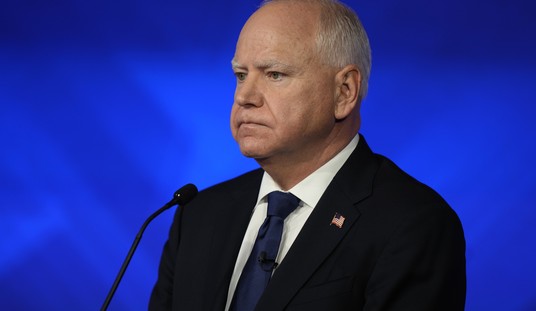As I listened to President Trump take a victory lap after signing the bill that reversed a good bit of the Dodd- Frank regulations, he said something that struck a chord. What he pointed out was that these rules were so onerous, that only the big banks had the resources to comply with the law, and the small banks did not, so they began to fold. All because of government regulation. The losers were consumers who had less choice because of reduced competition, forcing them to pay higher prices for fewer services.
Does this not sound just like health care today? Does the president not see this? If he does, then he must be listening to the wrong people because the solution is in plain sight.
The problem in health care is not an insurance problem as most everyone is focused on. It is a price problem. Health care costs too much. If it did not, people could pay for it themselves, and would not need to rely on insurance companies or the government to pick up the tab.
Health care is now close to 20 percent of the U.S. Gross Domestic Product. This amounts to annual spending of $3.4 trillion. Certain special interests are incentivized to maintain the status quo because they are making record profits. The insurance and the pharmaceutical industries are the obvious culprits, spending obscene amounts of money to influence policy makers and "spin" the healthcare problems to deflect blame away from them and to attribute the problems elsewhere. But few think about another special interest which may bear equal responsibility for this crisis- the hospital industry. The irony is that this problem was actually created by government.
At one time, hospitals were facilities into which doctors admitted their sick patients. Not today. Now, hospitals control much of people's health care experience and have become the power brokers in this space. If one goes to any major city in the U.S., the largest building projects are hospitals. Consolidation has occurred resulting in smaller hospitals being "swallowed up" by the larger ones. The large hospitals are buying doctors so that they can control the flow of patients into their facilities. Sixty-five percent of doctors now work for hospitals. What has happened that accounts for this? The answer is government interference in health care.
Recommended
Doctors have been forced by government to comply with regulations forced upon them so that they can continue to see patients and to get paid by Medicare and Medicaid. The costs associated with this have become so great and the amount that doctors get paid for their services have been cut back so much, that they can't afford to remain in business; the same problem that small banks faced under the burdensome regulations of Dodd-Frank.
Hospitals gladly buy up doctor practices to control patient flow. They have been put into this position by the government thanks to four different policies. First, most hospitals operate as nonprofit entities, paying no taxes and using that money to grow. This means hiring more administrators who contribute nothing to the health or care of patients, but who are adept at perpetuating corporate bloat.
The second is that hospitals are paid at a higher rate than physicians for the identical service, even when performed by the same doctor. The same is true for services that have been incorporated into the hospitals, such as radiology and laboratory services, and operative procedures.
Third, there are laws that exist which prevents the formation of monopolies that are applied to other industries, even to physicians in private practice. These laws have been ignored as it pertains to hospitals, allowing them to become as powerful as they have become.
Finally, hospitals have been given favorable status by federal and state government, which prevents competition (certificate of need statutes) further enhancing their monopoly status. The consequence of this has been unrestrained pricing by hospitals for everything that they do. This more than anything is the reason why insurance costs have soared; to keep up with the steep increase in charges by hospitals
There are many reasons why health care is so expensive, but a great deal of the blame lies with the government and the regulatory environment. Special interests who enjoy the status quo argue that these regulations are especially needed in healthcare to protect the public. The truth is that they serve only to protect the special interests. President Trump needs to do in health care what he did in banking; to level the playing field by removing regulations on physicians that get in the way of patient care and that unnecessarily drive health care costs up.
























Join the conversation as a VIP Member